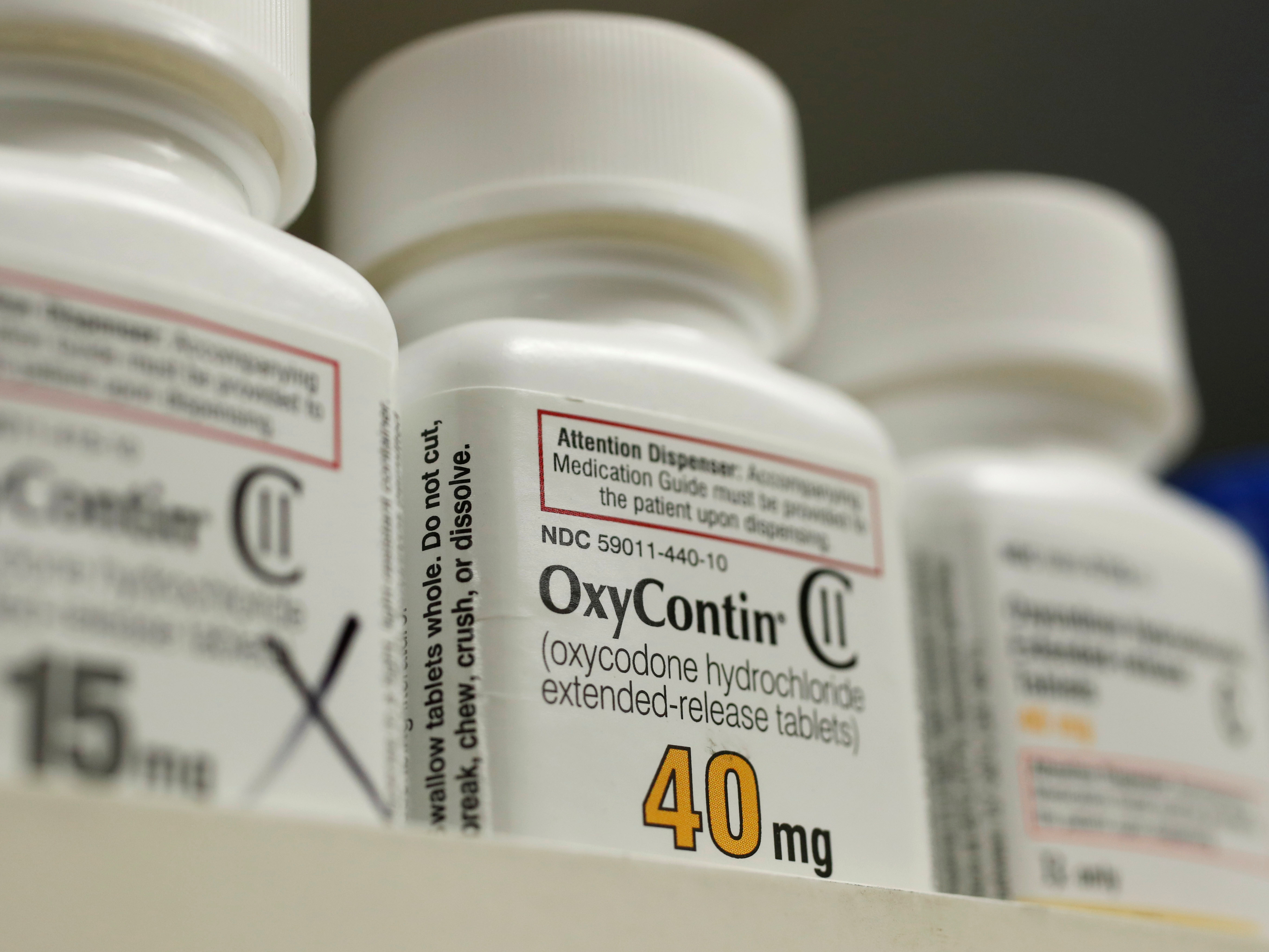OxyContin maker Purdue Pharma files for bankruptcy


A free daily email with the biggest news stories of the day – and the best features from TheWeek.com
You are now subscribed
Your newsletter sign-up was successful
Purdue Pharma, the drugmaker accused of playing a major role in the opioid epidemic, filed for Chapter 11 bankruptcy protection in New York on Sunday. The move was expected after the company and its owners, the Sackler family, reached a tentative settlement with 24 states and thousands of local governments last week. Under the settlement, the Sacklers would wash their hands of Purdue, putting up $3 billion of the family's estimated $13 billion fortune and turning Purdue into a trust, with profits from OxyContin and other drugs going to the plaintiffs.
This isn't the end of the road for Purdue yet, though, as The Associated Press explains.

The thousands of plaintiffs who have not yet signed on to the settlement, including about half of U.S. states, will likely object to the settlement in bankruptcy court, and there are open questions about whether the proposed settlement is really worth $12 billion and how the money would be distributed. Purdue and the lawyers representing the parties that agreed to the settlement argue that nobody is served by long, costly litigation.
The Week
Escape your echo chamber. Get the facts behind the news, plus analysis from multiple perspectives.

Sign up for The Week's Free Newsletters
From our morning news briefing to a weekly Good News Newsletter, get the best of The Week delivered directly to your inbox.
From our morning news briefing to a weekly Good News Newsletter, get the best of The Week delivered directly to your inbox.
Recent court filings suggest much of the Sackler wealth has been stashed offshore since 2008, making it likely out of reach of U.S. plaintiffs, especially if the company dissolves without admitting wrongdoing or being found guilty in court. "The Sacklers are going to be left with plenty of money after this,'' Adam J. Levitin, a bankruptcy expert at Georgetown Law, tells The Washington Post. "There is a desire that the Sacklers pay some blood money, but it's never going to be enough to make everyone happy.''
OxyContin accounts for only a slice of the opioid drugs sold in the U.S., but Purdue's aggressive and misleading marketing is blamed for helping spark the opioid addiction crisis. Since 1999, more than 200,000 people have died from overdoses of prescription opioids.
A free daily email with the biggest news stories of the day – and the best features from TheWeek.com
Peter has worked as a news and culture writer and editor at The Week since the site's launch in 2008. He covers politics, world affairs, religion and cultural currents. His journalism career began as a copy editor at a financial newswire and has included editorial positions at The New York Times Magazine, Facts on File, and Oregon State University.
